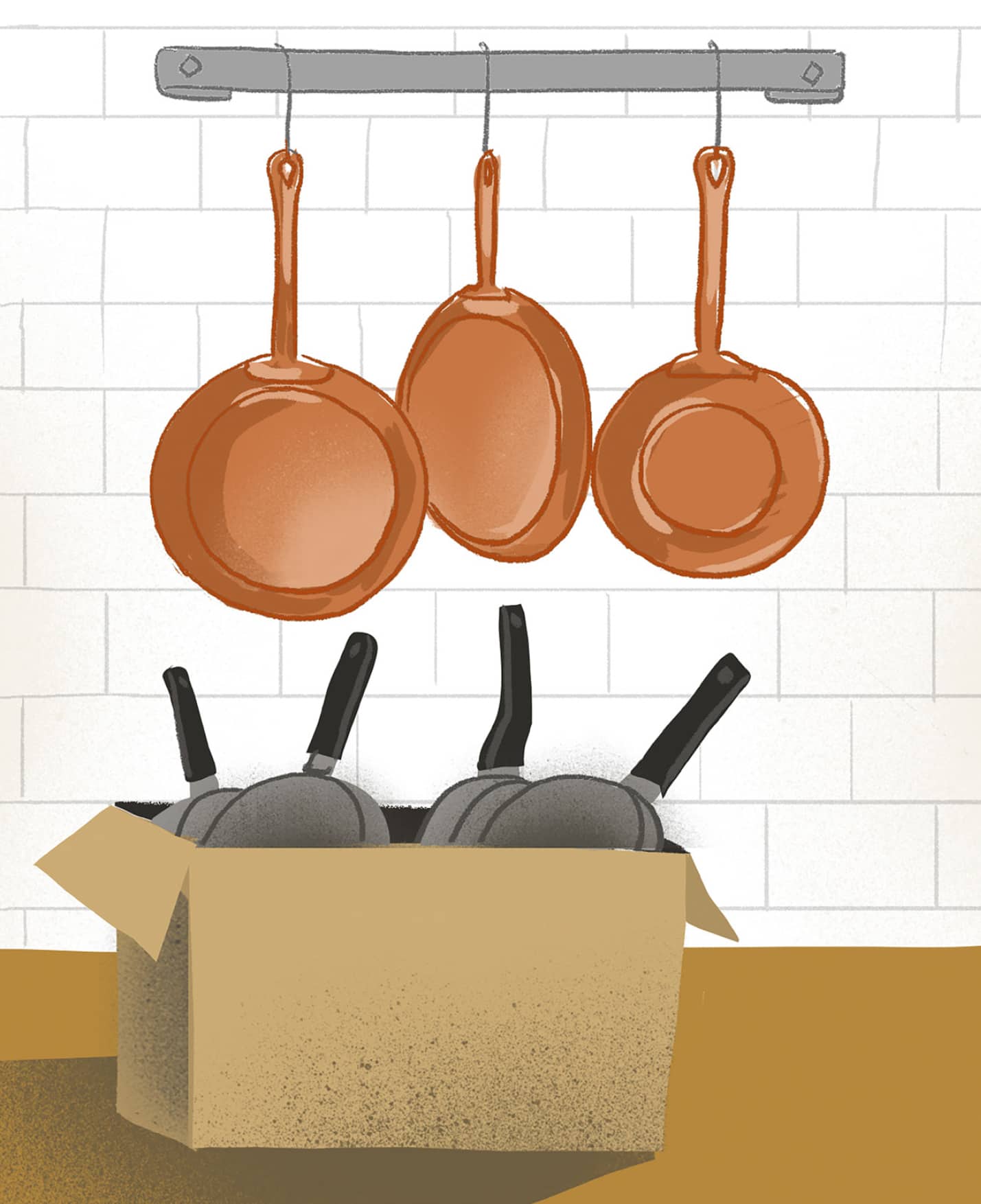The Benefits of Unfinished Projects
Whether we have lived in one home or several, it is the special memories that stay with us. For me that means decorating the Christmas tree, seeing my toddler taking his first steps in the kitchen, toasting marshmallows, my tiny one-bed flat with my boyfriend – it was noisy and had ugly yellow carpets, but it was ours, and somewhat exciting. I am grateful for a roof over our heads, for warmth, for the fact that I had the opportunity to live in several homes.
Whether you love your home or not, you can choose to be thankful for it. There are times when it’s not so easy to be grateful for what we have: we simply see the negative, and once we have seen it, it can be hard to train ourselves to see the positive. We look at the projects we haven’t completed – the painting that needs finishing, the book we picked up to try something new but haven’t got further than the first page. We should be doing better. Why haven’t we got everything under control? Surely we are failing and everyone else has their house in order?

FOCUS ON WHAT MATTERS
Comparisons can be difficult to avoid. We visit friends in their new home: the garden is bigger than ours, they recently fitted a new kitchen and finished the entire project on time; they have nicer soft furnishings, more space. A feeling of missing out takes over, we begin comparing our home to theirs, wishing for the things that appear to be lacking in our own home; perhaps they are, but by comparing we are putting focus on the wrong place. We can only control our own life, and we should avoid wasting our time and energy focusing on what we perceive other people are achieving that we are not. Comparisons do not add any contentment to our lives. On the contrary, they can make us feel bitter towards others and detract from our happiness. Some of the best things in life are hidden from sight: love, kindness and empathy are rarely measured, and when we take a look at the importance of these qualities versus material things, it can remind us to be present, to be kind to not only ourselves but also our surroundings. Comparing our unfinished projects to how we see other homes can damage to our self-esteem. Things are not always as they seem and just because someone may have finished their kitchen project, they may be having difficulties in other areas of their life where you are thriving. And even if they don’t, that doesn’t harm you or take away from what you have. View them with the same generosity you’d hope they feel towards you.
TRY A HOME MISSION STATEMENT
Remind yourself of your own worth, quiet your inner critic, and embrace self-compassion. By doing these things you can try to slow down the negative thoughts about your surroundings. Look at the priorities in your life, the things that are non-negotiable to you for your day-to-day wellbeing and happiness. Create yourself a home mission statement and suddenly, you will find decision-making with regards to your house very simple.
For example, if your home mission statement is to be open and welcoming to loved ones, then creating a good seating area in the kitchen for mealtimes is an easy decision to make. This may not be the time to renovate your kitchen, but going through the cupboards that you started decluttering a few months ago but never finished is an opportunity to give your no-longer-needed pots and pans to others in need, while completing a project at the same time. The stacks of papers on the kitchen side waiting to be sorted and organized are opportunities for you to feel growth and accomplishment, and the piles of stuff to sift through on the dining-room table are opportunities to make the space more comfortable so you can reconnect with friends and family over a homemade dinner.
Instead of letting an unfinished project get you down or make you feel stressed, just remember that all you need to do is make time to start again and then it will be finished; just think how satisfying that will be. We can work hard to learn the difference between learning from others and unhealthy competitiveness. Notice which attitudes prompt positive change at home and which result in negative feelings. Our homes belong to us; we can choose how we feel while we are in them and our mission statement will help focus on this.